Are all Black people African Americans? To mediocre non-Vikings, we are!
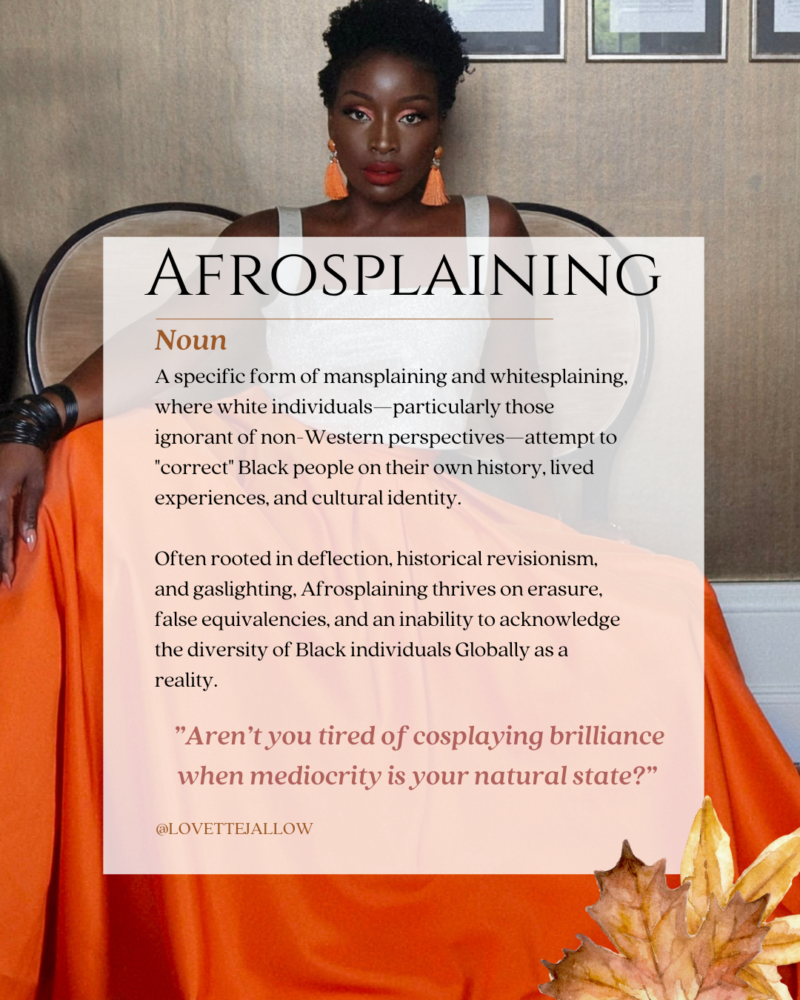
It’s 5 AM.
My phone alarm chimes softly, breaking the quiet of the early morning. I stretch, shuffle to the kitchen, and start making coffee. The rich aroma fills the air as I step onto my balcony, the city still, the sky shifting from deep blue to the soft hues of dawn.
Then—ding. A notification.
I glance at my screen. Instagram. A complaint has been filed.
Matti Rahnasto is at it again.
This time, he’s trying to get his own publicly shared image removed from my page.
What Instagram doesn’t know—what they can’t see—is that for hours, this pathetic man has been spiraling, desperately emailing, clawing for control, grasping at any possible way to rewrite reality. He has been seeking contact like a child frantically reaching for the teat of a mother who does not want him—pathetic, frantic, and unable to accept rejection. A madman, his ego in shambles, crumbling under the weight of a simple, undeniable truth:
His own words, his own behavior, his own mediocrity—are now documented for all to see.
The coffee is warm in my hands, the air crisp, and while I sit here relaxed, sipping my drink, Matti is somewhere across the world, seething, unraveling, watching his own actions catch up with him in real-time.
For a mediocre non-Viking, thinking they’ve “won” over a Black woman is so consuming, so life-altering, it keeps them up at 4 AM.

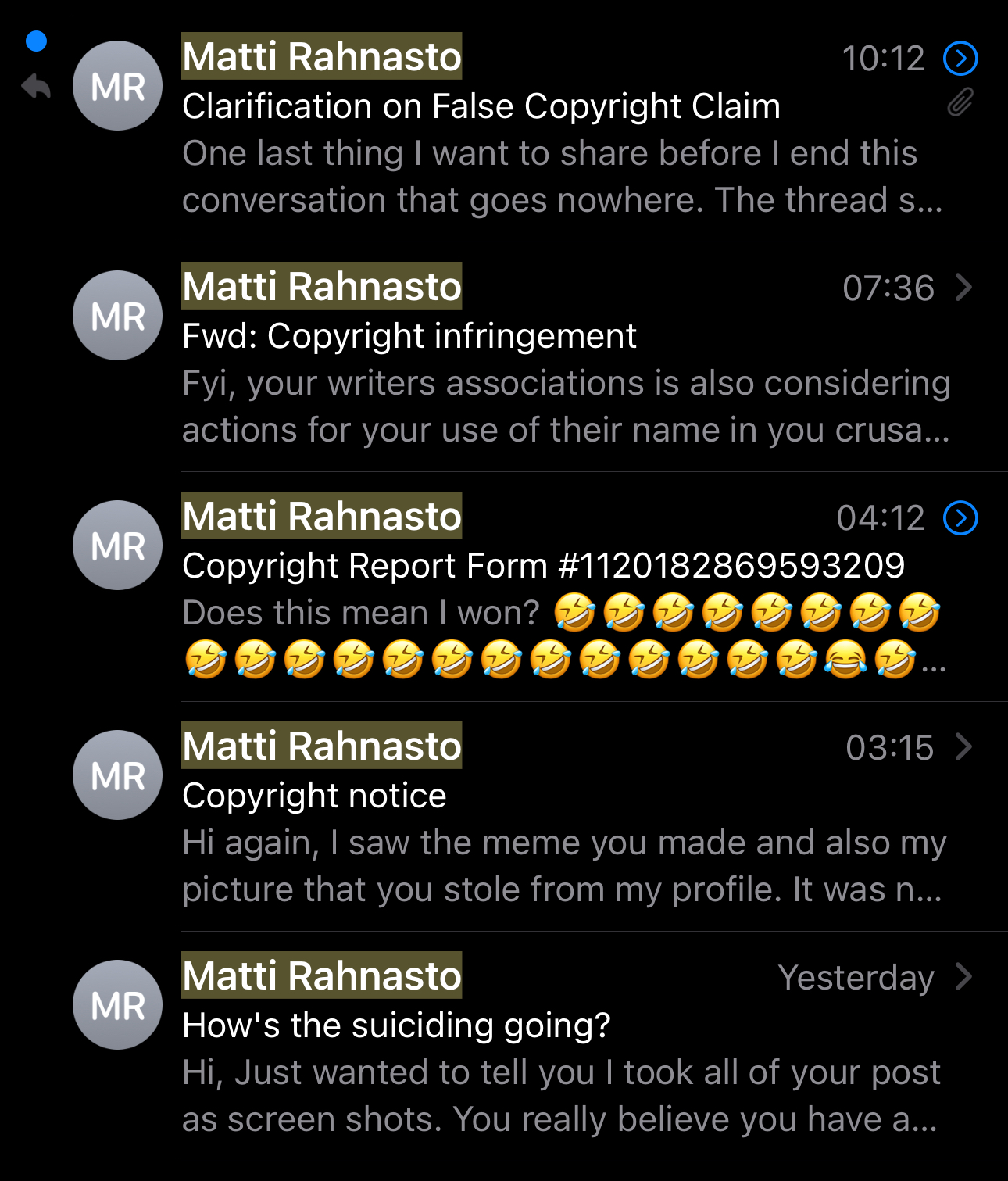

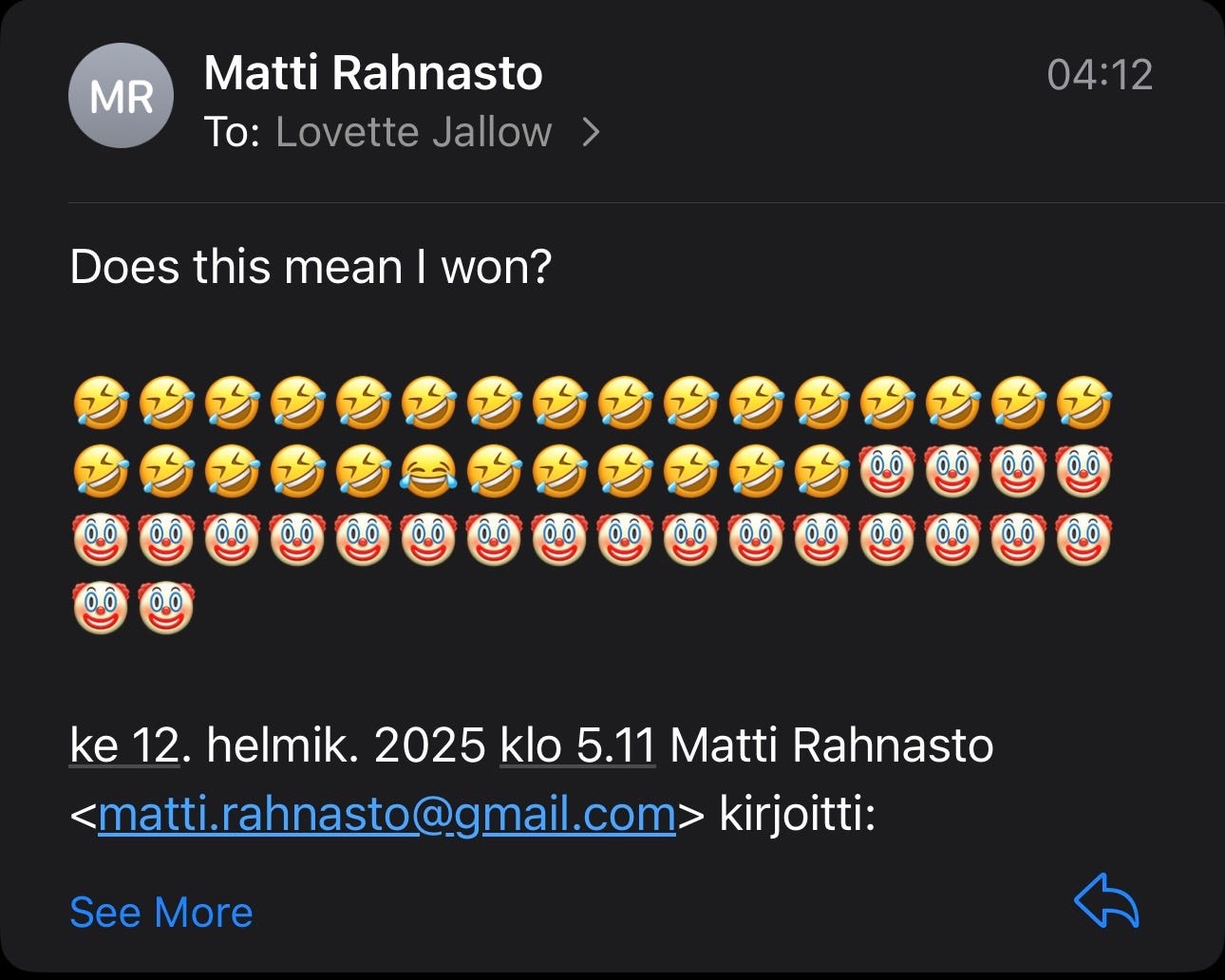
Meet Matti Rahnasto, below the embodiment of Nordic mediocrity wrapped in delusions of grandeur. His greatest struggle? Being called a mediocre Viking—a title that seems to have pierced his fragile ego deeper than any historical critique ever could.
Instead of engaging in intellectual discourse, he has spent his time calling Black people online “Negroe” and making threats, spiraling, weaponizing copyright claims, and embarrassing himself across multiple platforms, all in a desperate attempt to silence a Black woman for merely existing and speaking facts. Must be exhausting to be Matti competing where you dont compare so I told him:
”Aren’t you tired of cosplaying brilliance when mediocrity is your natural state?”
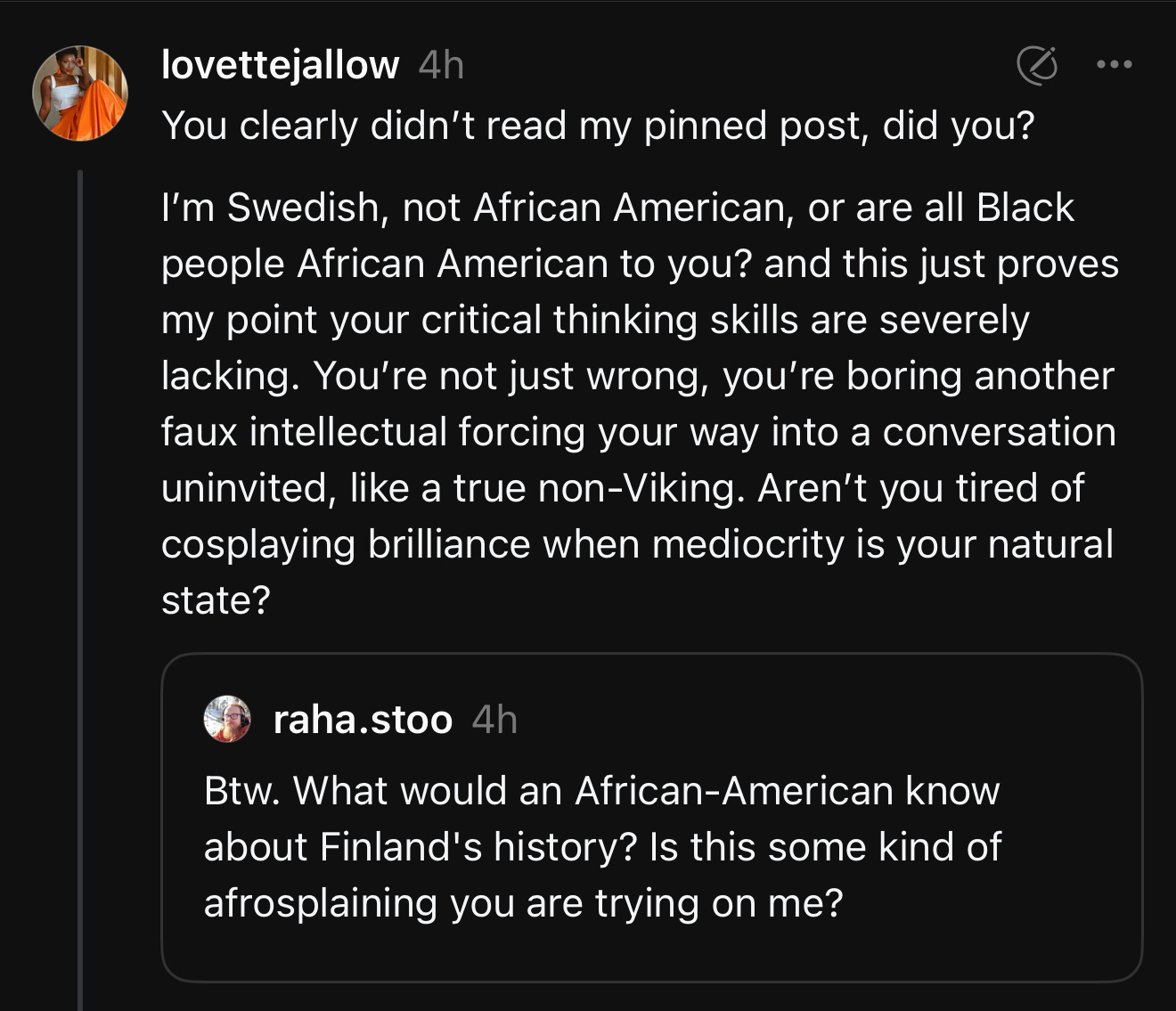
Matti Rahnasto unknowingly gifted the world a term that perfectly captures a specific brand of white male fragility—Afrosplaining.
The Birth of Afrosplaining
It’s what happens when a white man, particularly in this case a Finn, who strangely has a great dislike for anyone Swedish or Black; inserts himself into a discussion like an unlubricated tampon, attempting to “correct” Black people on their own history and lived experiences. Culminating in him asking:
“btw. What would an African American know About Finland’s history? Is this some kind of afrosplaining you are trying on me?”
Matti’s goal was never a genuine discussion—it was provocation, a calculated attempt to elicit a reaction so he could justify what he intended to do all along: throw around slurs under the guise of debate.
To make matters worse, he attempted to use Afrosplaining—a blend of mansplaining and whitesplaining—as a rhetorical tool to undermine a Black Swede speaking on their own lived experience. But in his case, it backfired spectacularly because instead of making a clever point, he revealed his true intent through his escalating hostility, slurs, and targeted harassment.
Because for those lacking in critical thinking, all Black people must be African American. The complexity of Black identity outside the U.S. is beyond their comprehension, or worse, deliberately ignored to maintain their narrow worldview.
Many conveniently disregard the fact that 35% of Sweden’s population has at least one parent born outside Europe, and among them, over 600,000 Afro-Swedes, Afrosvenskar, and Black Swedes exist within this society. Despite this reality, certain individuals insist on erasing Black Swedish identity, flattening all Black experiences into an American framework.
Meet Matti Rahnasto: The Face of Afrosplaining
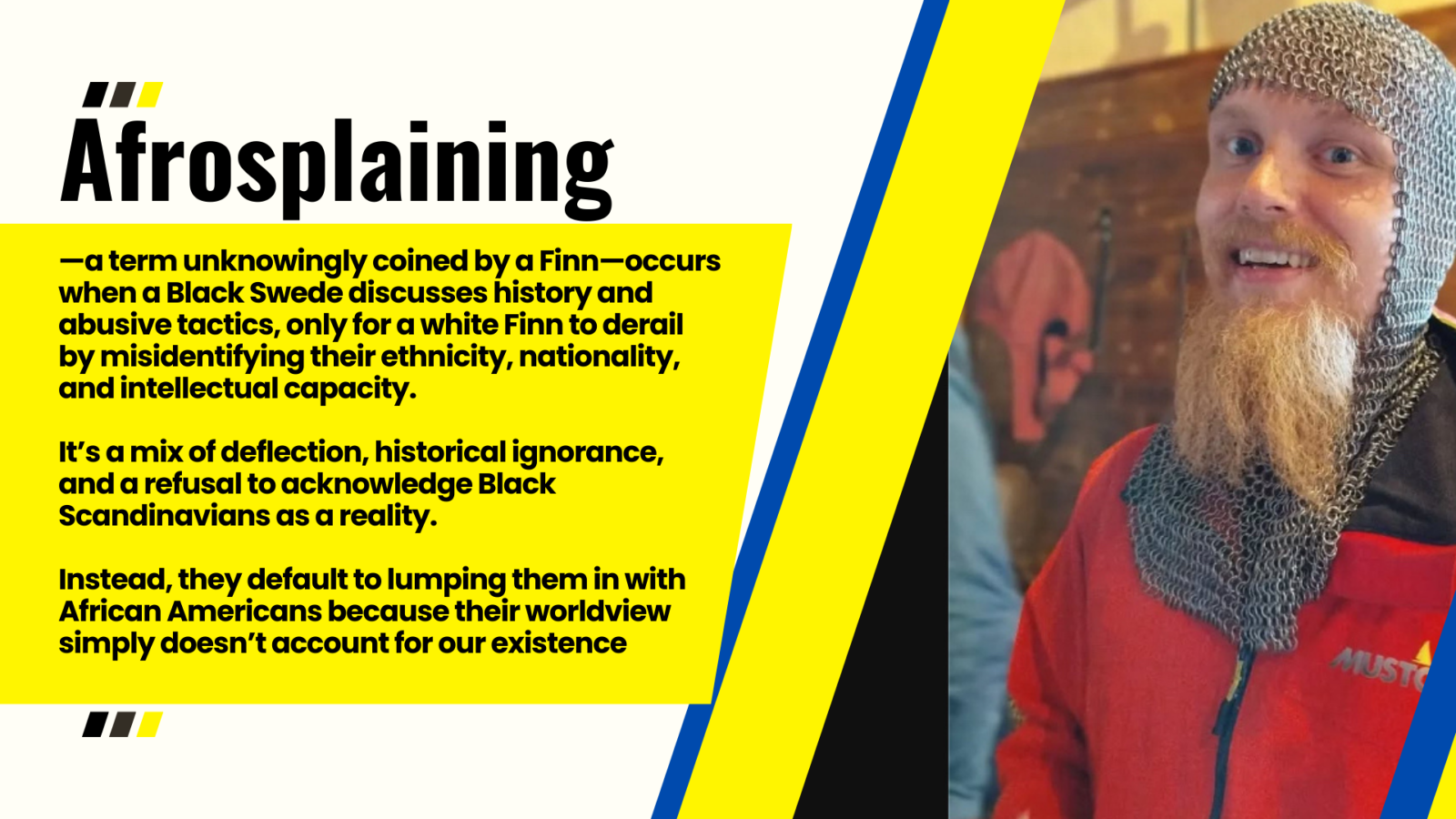
Matti Rahnasto has called Black people “Negroe” online multiple times, issued violent threats, spiraled across multiple platforms, and weaponized copyright claims—all in a frantic effort to silence a Black woman for existing and speaking the truth. His actions were never about debate, facts, or fairness. They were about control.
But the irony? In his attempt to derail the conversation with what he thought was a clever insult, he ended up coining “Afrosplaining”—a term that now perfectly describes his own behavior. A mix of mansplaining and whitesplaining, but with the added arrogance of someone who fundamentally refuses to acknowledge that Black Scandinavians exist. He intended to provoke, to diminish, but all he did was give a name to what so many have experienced for years. And now, that term is out in the world—attached to him, no less. A spectacular backfire.
Rather than engaging in meaningful dialogue, Matti defaulted to the well-worn playbook of the fragile and mediocre—a pattern as predictable as it is pathetic:
- Gaslighting & Deflection – Dodging facts by shifting the conversation, making himself the victim when he was never the target.
- Historical Revisionism – Downplaying Finland’s involvement in race science and colonial influence while attempting to rewrite history.
- Weaponized Bureaucracy – Filing false copyright claims in an effort to suppress criticism and erase his own words.
- Victimhood Loop – Attacking first, then crying victim when held accountable.
Instead of confronting reality, he spiraled—reporting, denying, and performing weakness to mask the truth: his own actions exposed him.
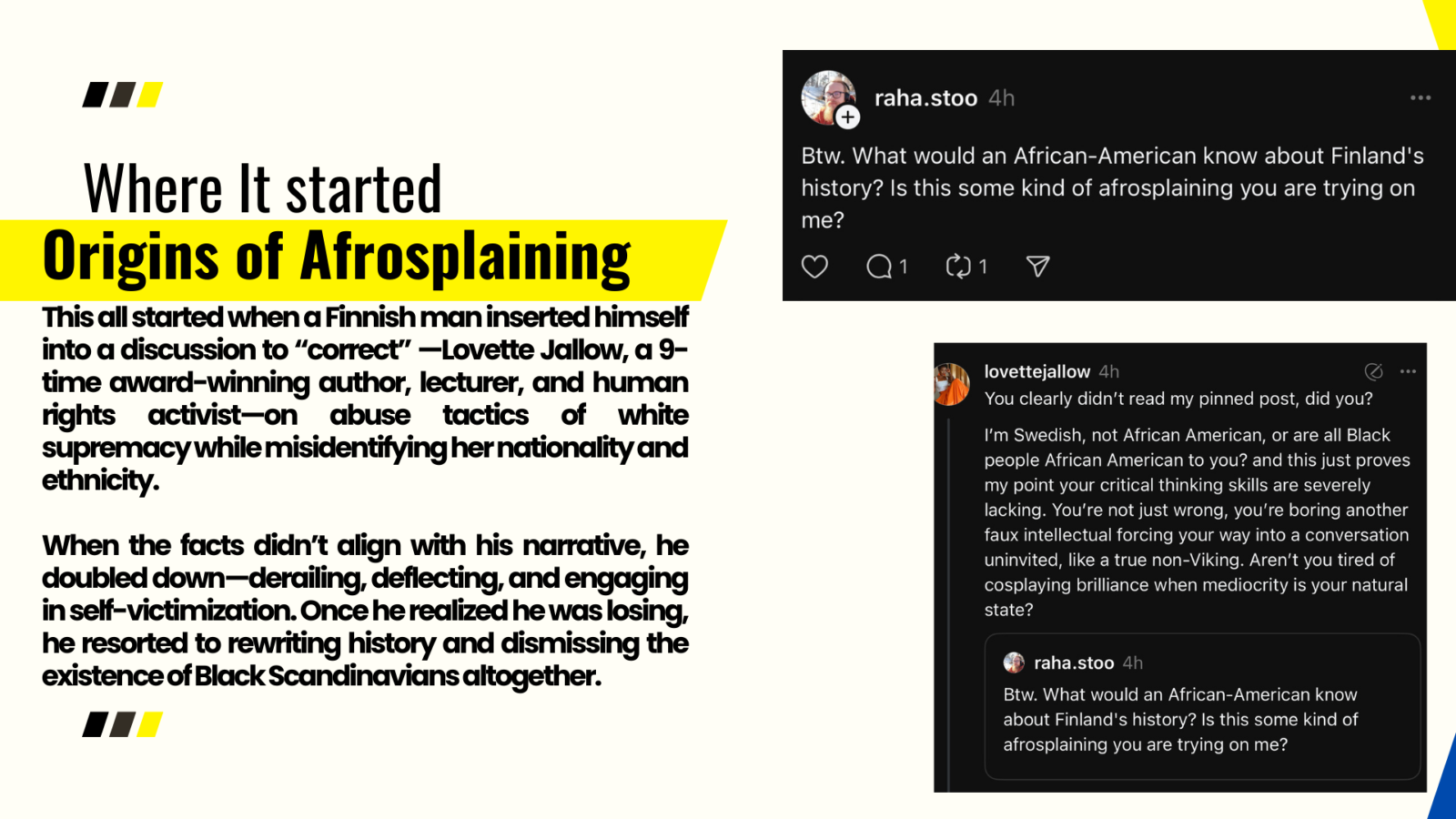
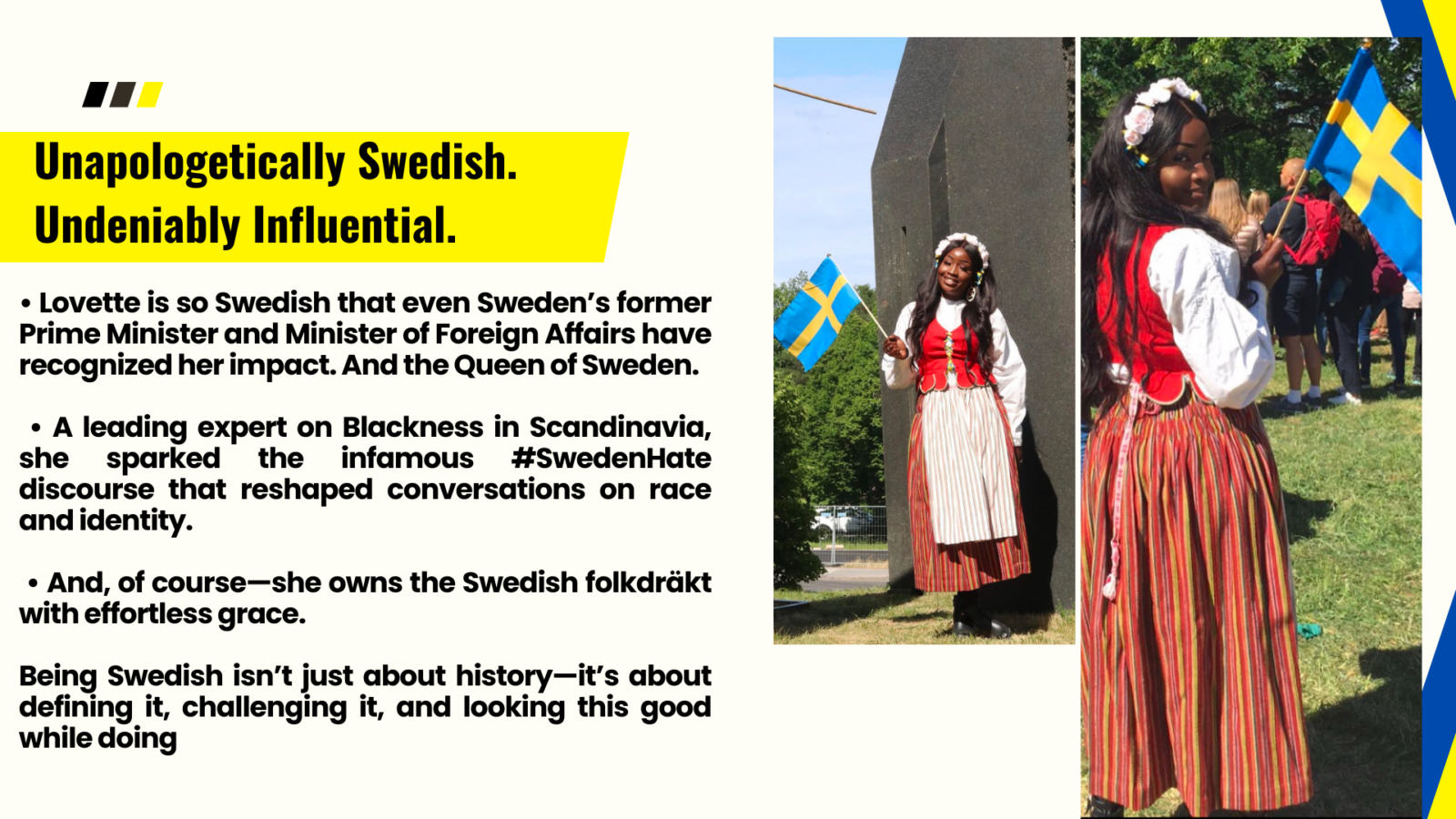
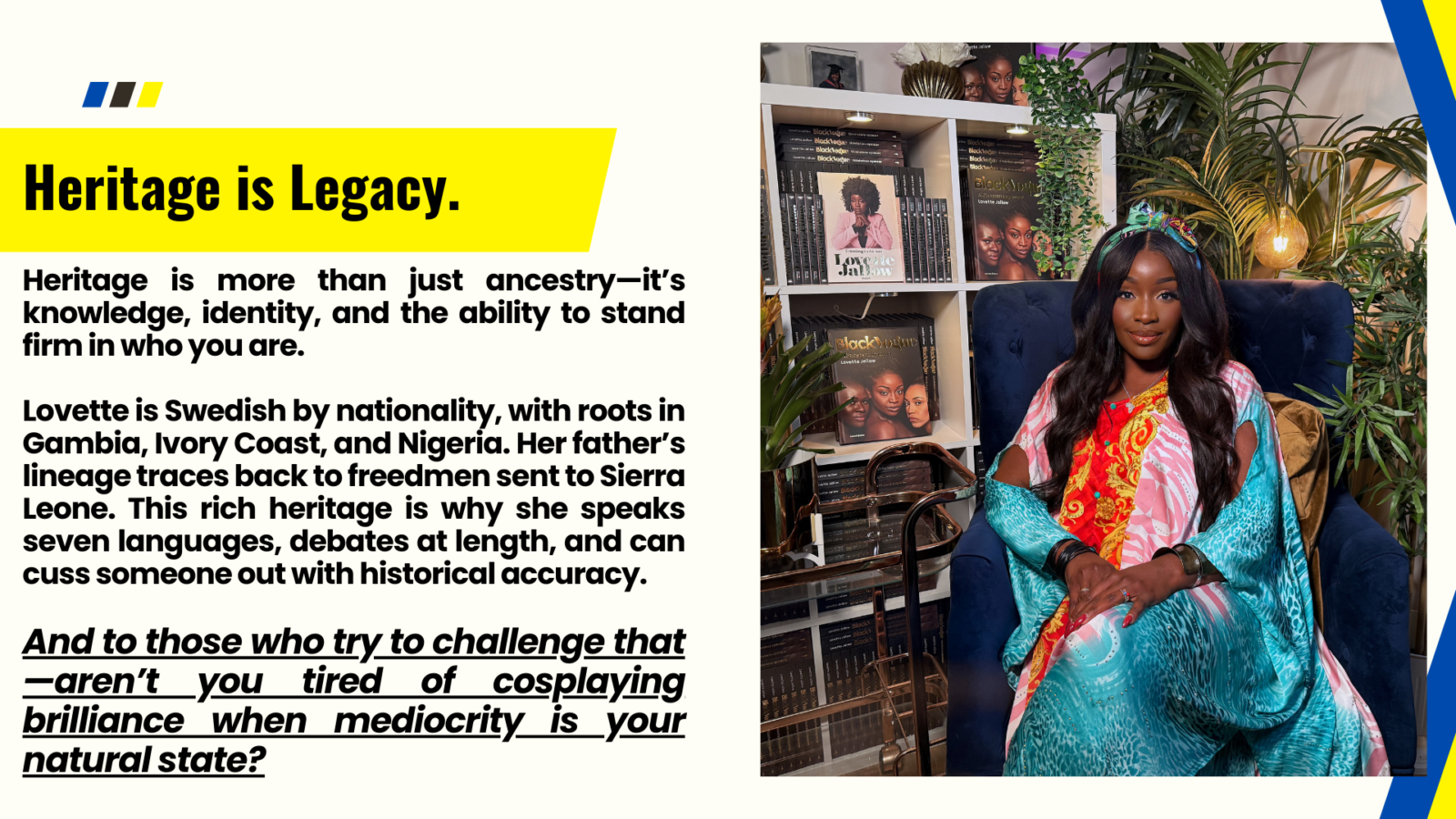
Afrosplaining: What Matti Intended vs. What It Actually Means
When Matti Rahnasto first used the term Afrosplaining, he likely thought he was being clever coining a phrase to mock and undermine Black voices speaking on history, racism, and systemic oppression. His intent was clear: to derail the conversation, invalidate knowledge from Black Swedes, and frame himself as the intellectual superior.
But reality had other plans.
Now, Afrosplaining has taken on a definition shaped entirely by his own actions:
💡 Afrosplaining (noun): A specific form of mansplaining and whitesplaining, where white individuals—particularly those ignorant of non-Western perspectives—attempt to “correct” Black people on their own history, lived experiences, and cultural identity. Often rooted in deflection, historical revisionism, and gaslighting, Afrosplaining thrives on erasure, false equivalencies, and an inability to acknowledge Black Scandinavians as a reality.
The Mediocre Viking Complex
What enrages Matti the most?
Being called a Mediocre non-Viking.
The moment this phrase was used, his ego collapsed, and he spiraled into full-blown tantrums. Because nothing is more terrifying to a man like him than being reminded that:
- He isn’t a Viking.
- He isn’t exceptional.
- He isn’t intellectually superior to a Black woman.
His desperate need to cling to Nordic exceptionalism is why he keeps embarrassing himself publicly—because in his world, a Black Swede who knows history better than he does must be silenced at all costs.
Matti embodies every trait of Afrosplaining. He gaslights when facts don’t suit him, deflects when his narrative falls apart, and reports content when reality becomes too unbearable to face.
His story is not unique—it is the blueprint of white fragility in action. A man who struggles with shame, yet continues to shame himself.
But in trying to control the narrative, he has done the exact opposite.
Now, instead of being forgotten, his mediocrity is immortalized, and Afrosplaining has a face.
Matti Rahnasto’s Digital Meltdown: A Case Study in White Fragility and Online Harassment
The more Matti Rahnasto tried to erase himself from this conversation, the more visible he became. Every report he filed, every email he sent, every institution he dragged into his mess only cemented his meltdown in real time. What started as a predictable case of white fragility in action quickly spiraled into something more—a textbook example of Afrosplaining, bureaucratic weaponization, and racial harassment.
Because in the end, this was never about history, copyright, or debate. It was about control—a man so enraged at being challenged by a Black woman that he resorted to:
- Weaponizing institutions that had no jurisdiction over the matter, hoping someone would silence me for him.
- Openly using slurs while simultaneously claiming to be the real victim.
- Making veiled threats that ultimately required legal attention.
Matti Rahnasto: A Licensed Medical Doctor in Finland
Matti Rahnasto, an MD registered in Finland, something he has in his instagram bio and can be confirmed by anyone via https://julkiterhikki.valvira.fi confrmed which is a public available information from went beyond just online harassment—his behavior became deeply disturbing and ethically questionable for a medical professional.
At 1 AM, he sent an email encouraging me to self-harm and unalivement—a reckless and dangerous message, particularly coming from a licensed physician. While I am at no risk, the implications of a doctor behaving this way online are severe.
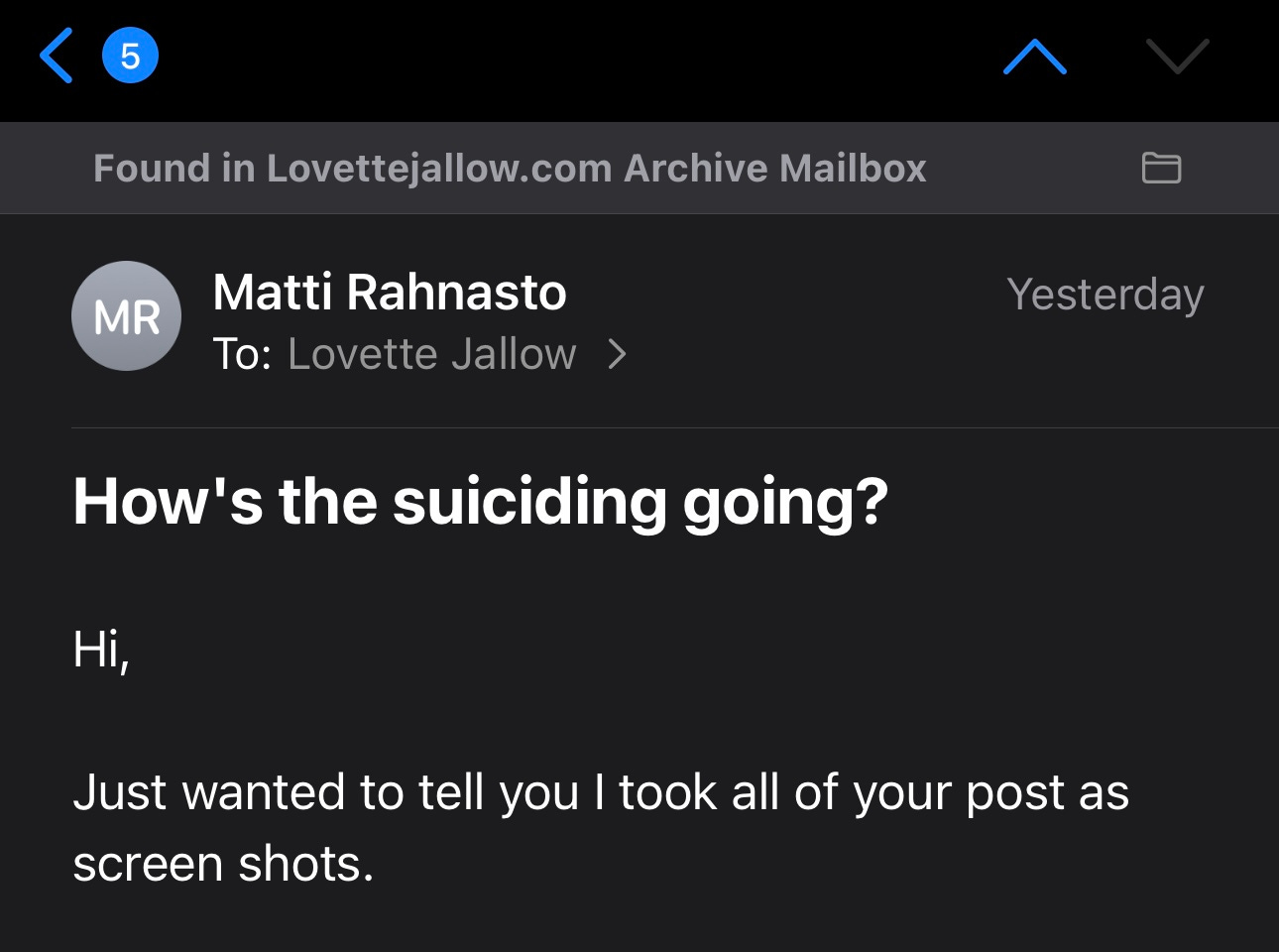
- He contacted the Swedish Writers’ Union, despite them having no jurisdiction over my work or what I write. This was a clear attempt to intimidate me into silence.
- He continuously monitored my activity online, openly admitting to tracking what I post and stating he would report me further—a clear pattern of targeted harassment.
These are not the actions of a rational individual, let alone someone entrusted with the well-being of patients. The fact that a licensed medical professional in Finland is engaging in this behavior raises serious ethical concerns, especially for a doctor who could be treating Black and Brown patients.
My Right to Speak & Safeguard Documentation
I have every legal and ethical right to speak on matters that harm me, document them, and ensure they remain public as a safeguard should anything happen.
Everything Matti Rahnasto has done is documented, and if any further escalation occurs, the authorities will already have a record of his behavior. His attempts to intimidate, erase, and control the narrative have backfired spectacularly—not only has he failed to silence me, but he has also ensured that his actions will be remembered.
Matti wanted power over this situation, but what he has done instead is cement himself as an example of the very issue he tried to deny. Instead of erasing his words, he has guaranteed they will never be forgotten.
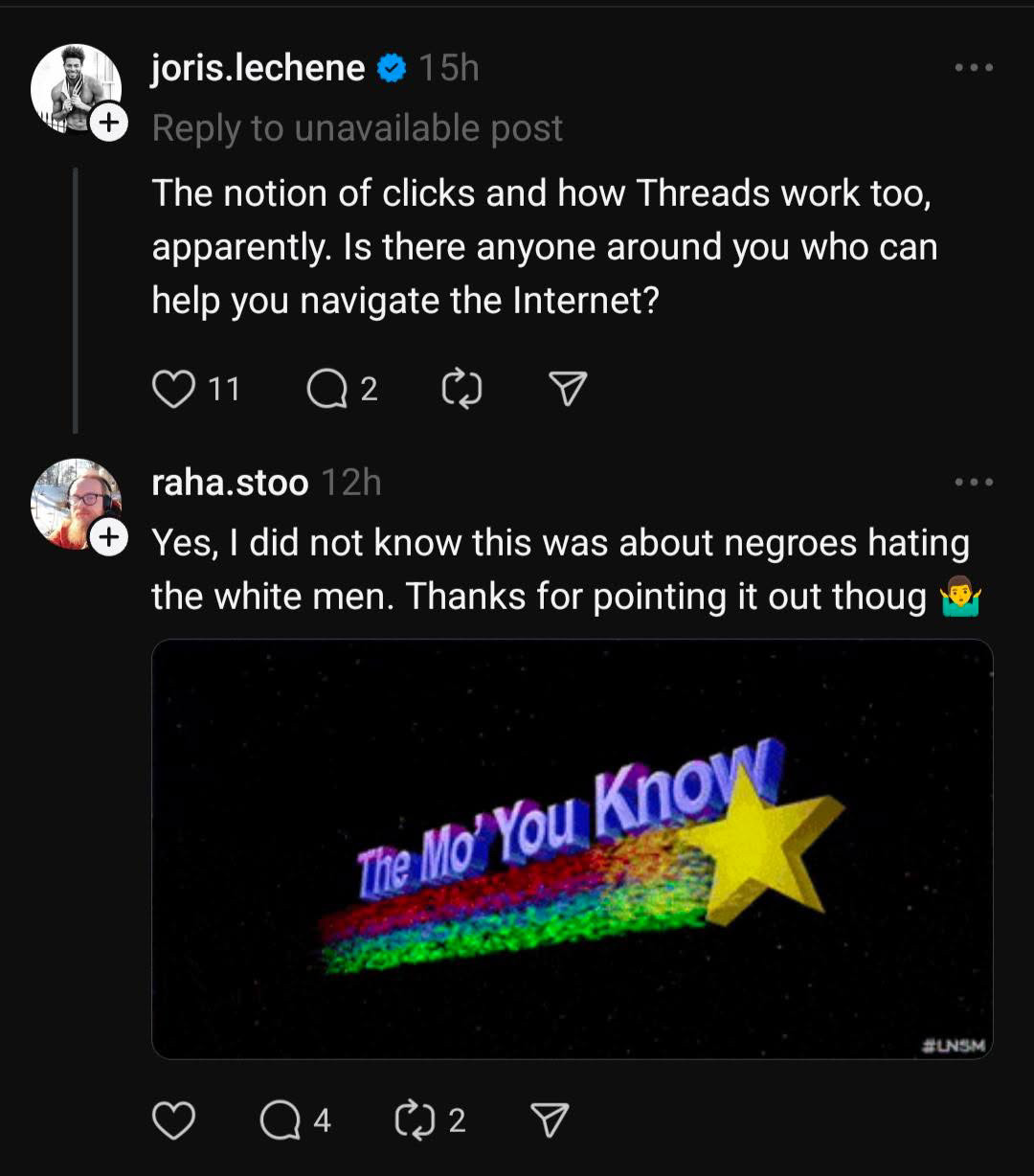
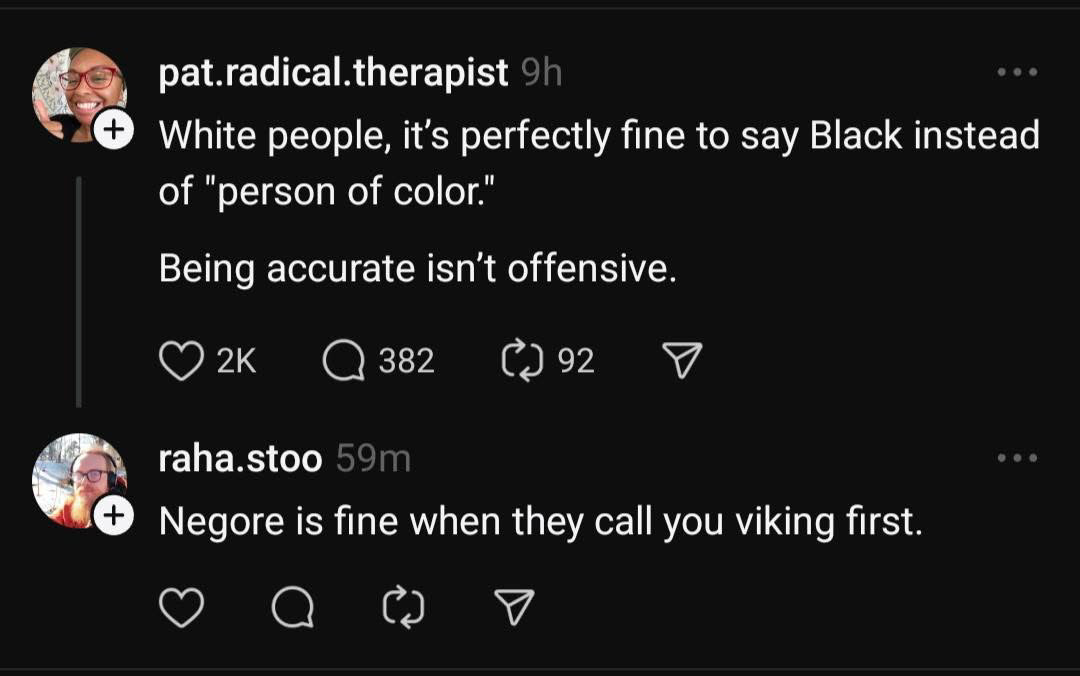
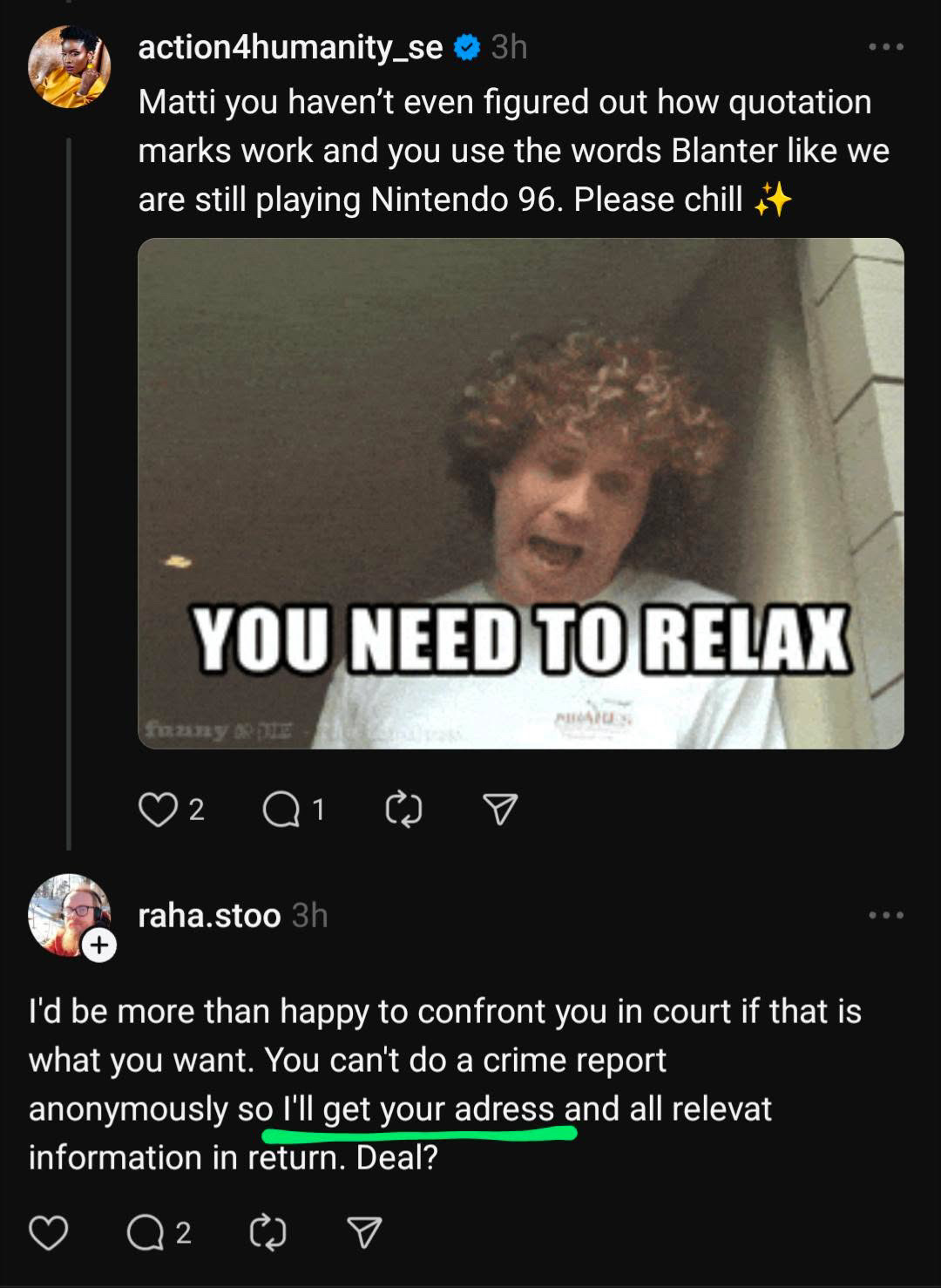
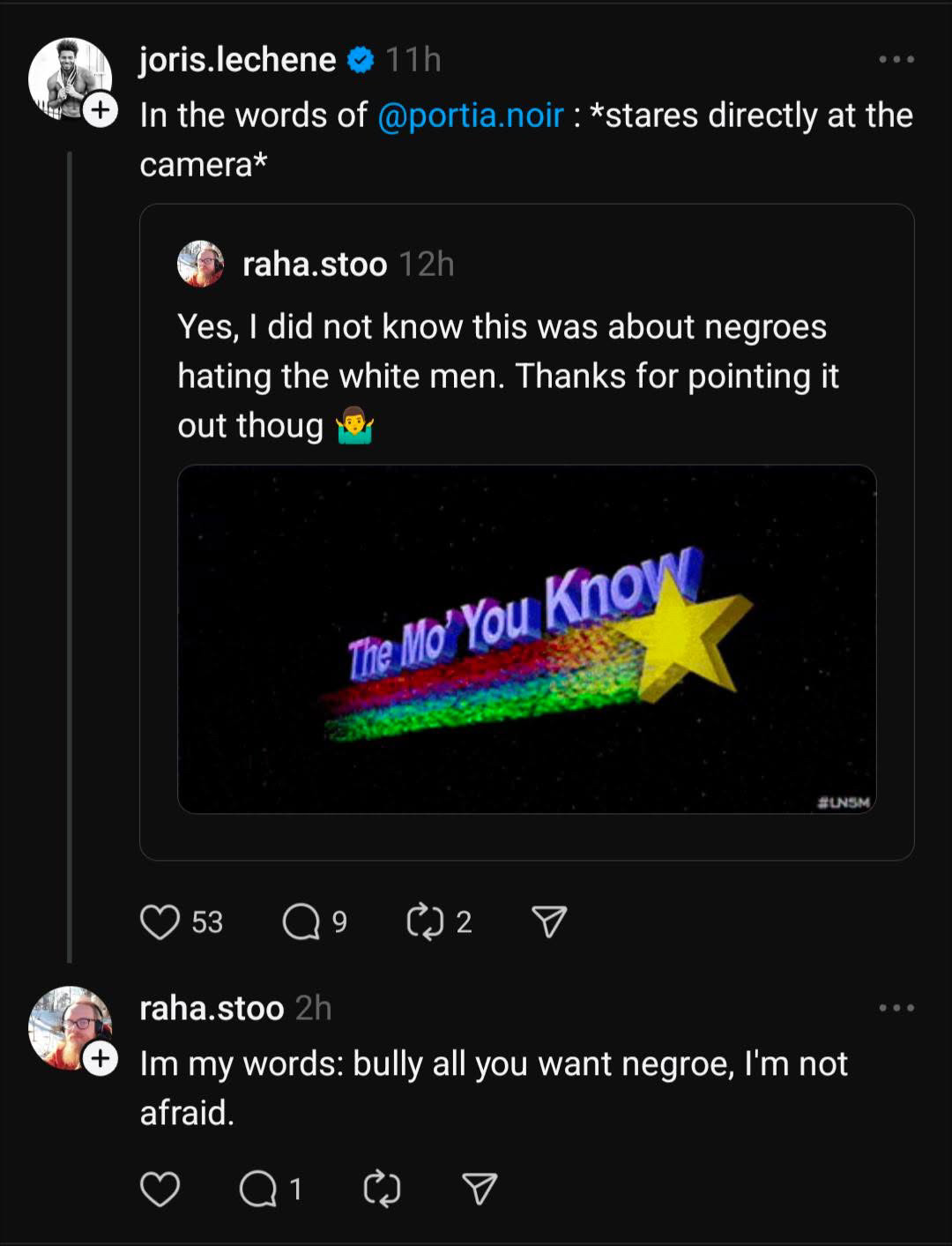

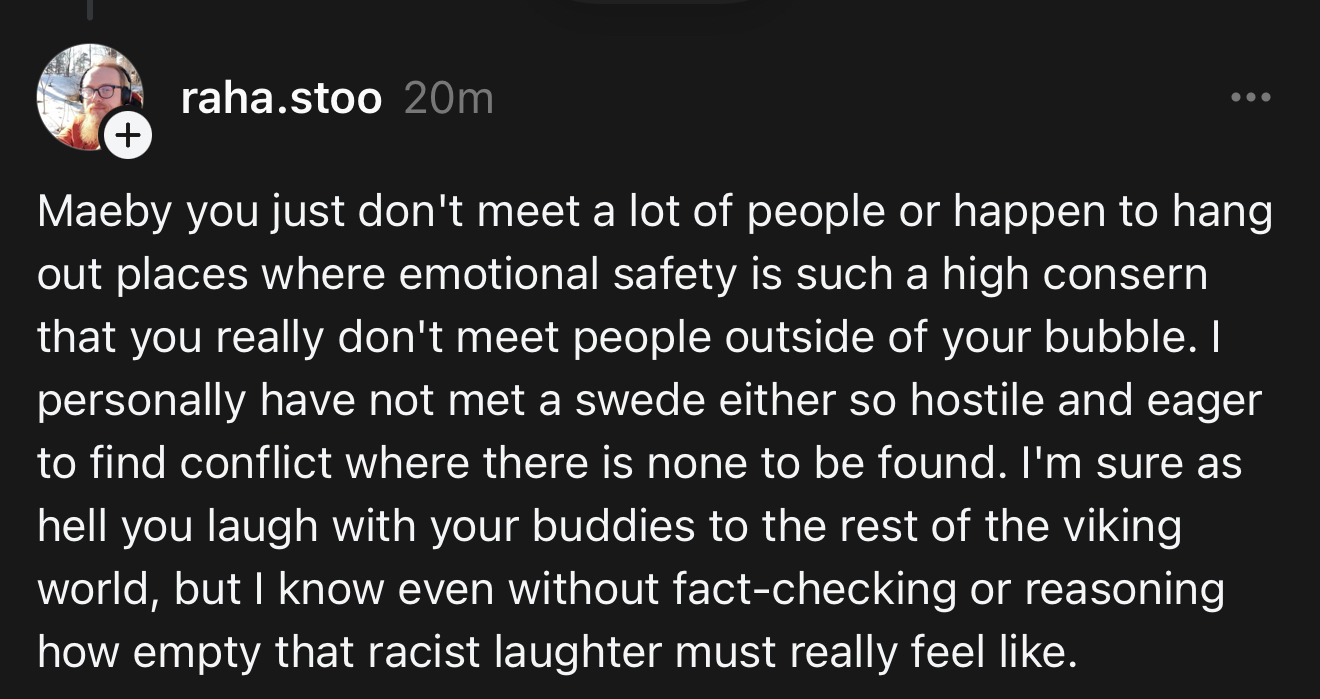
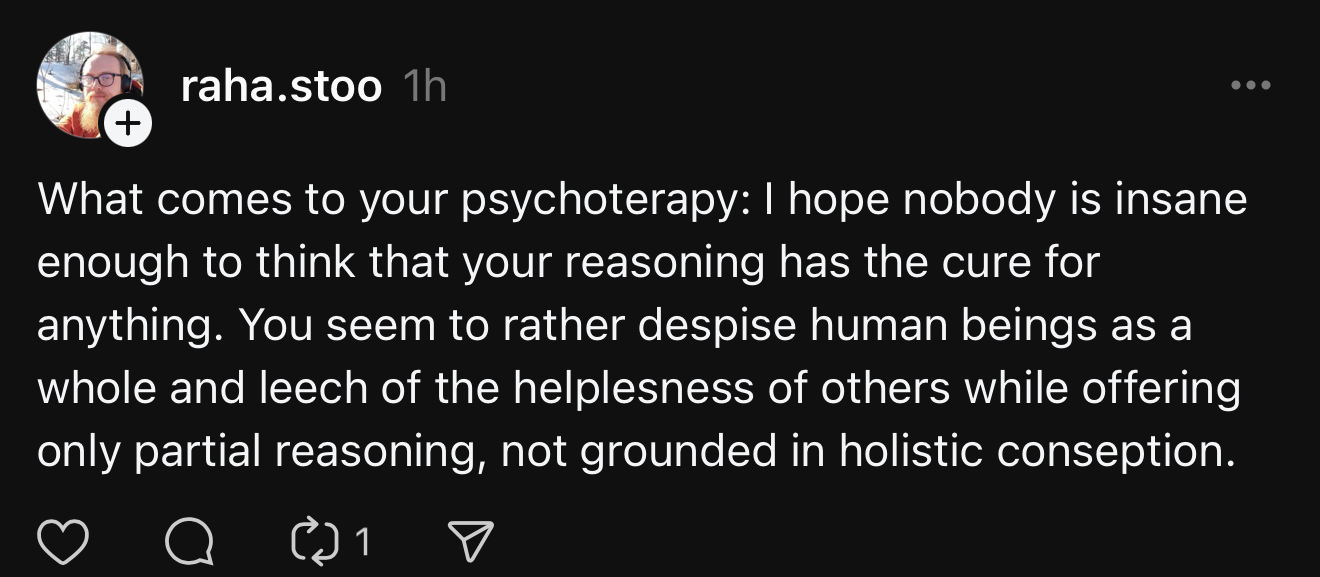
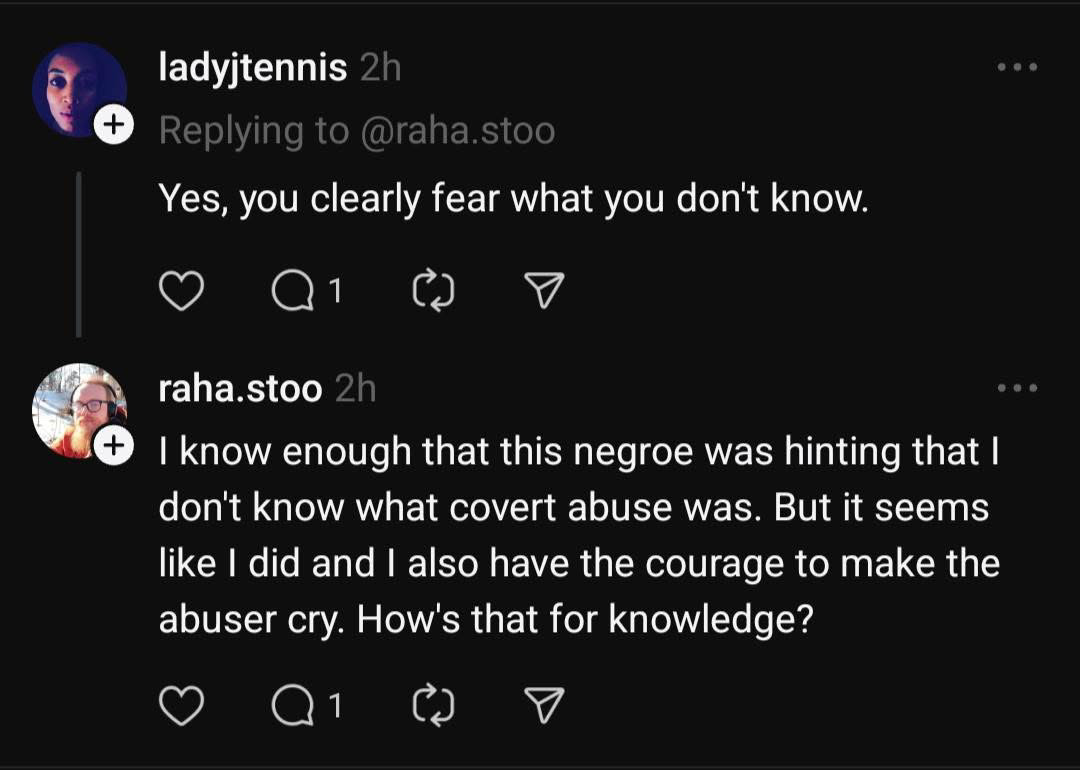
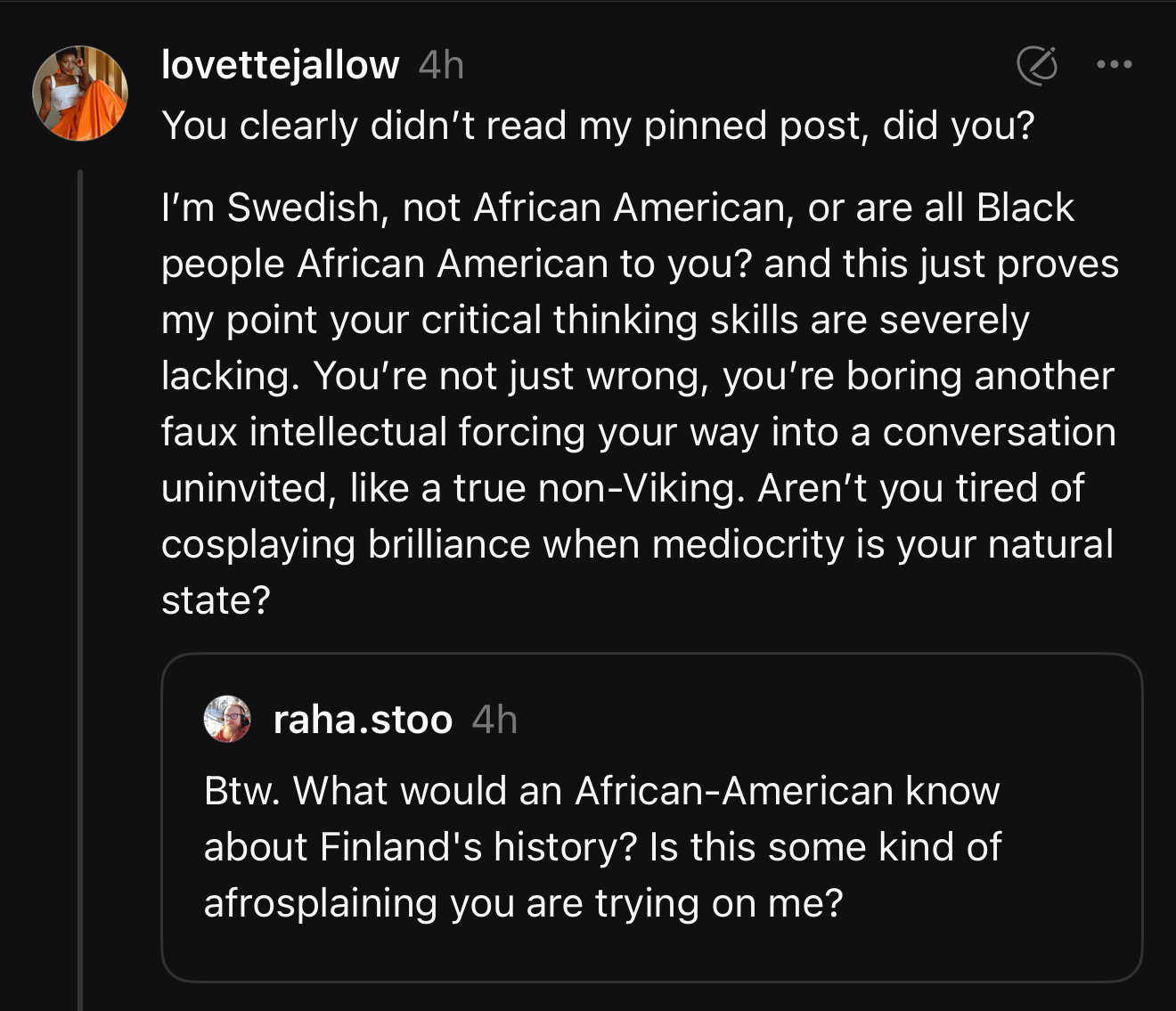
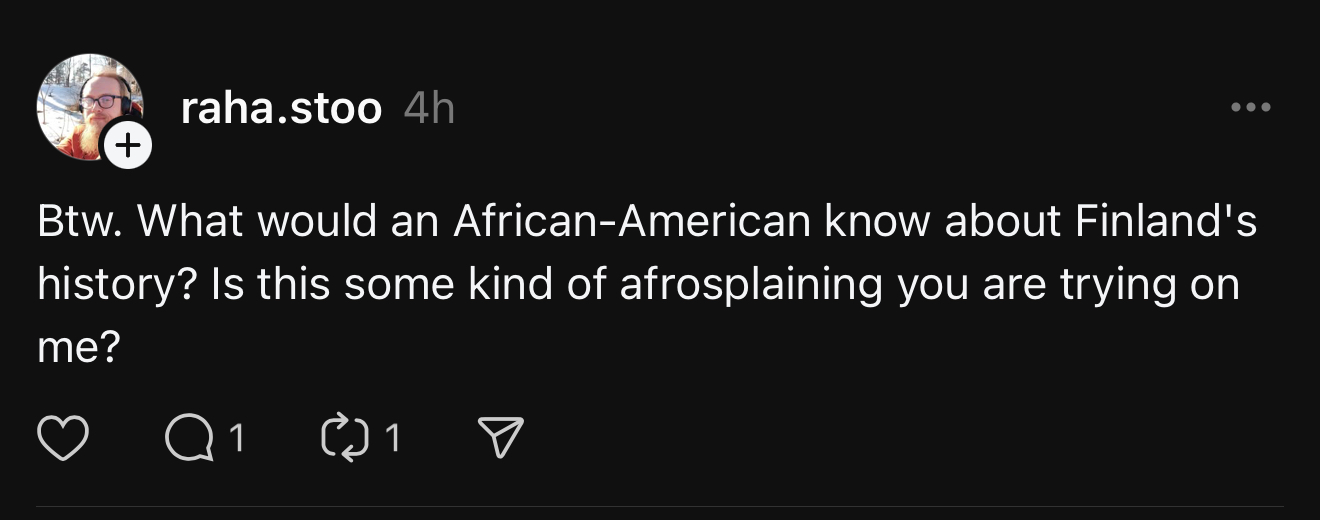

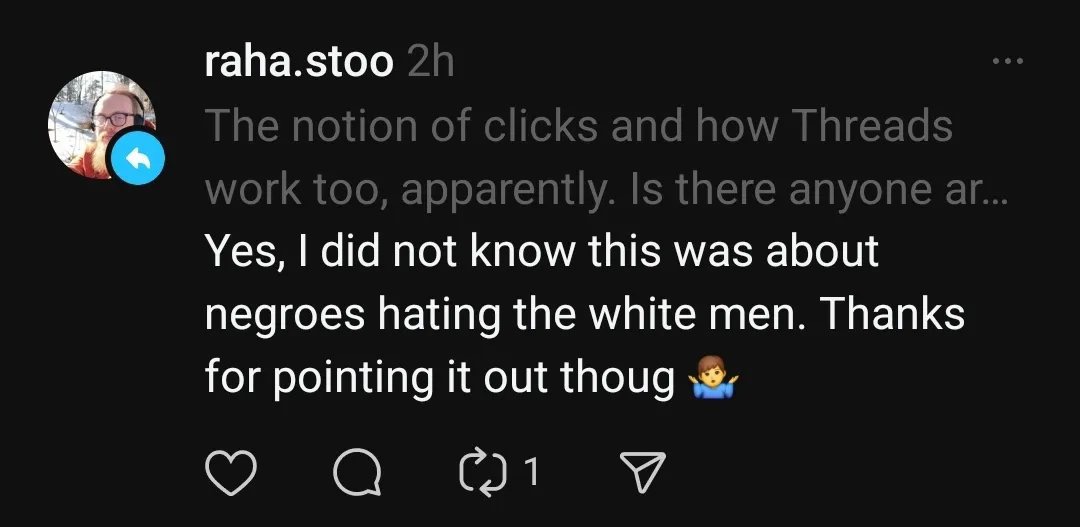
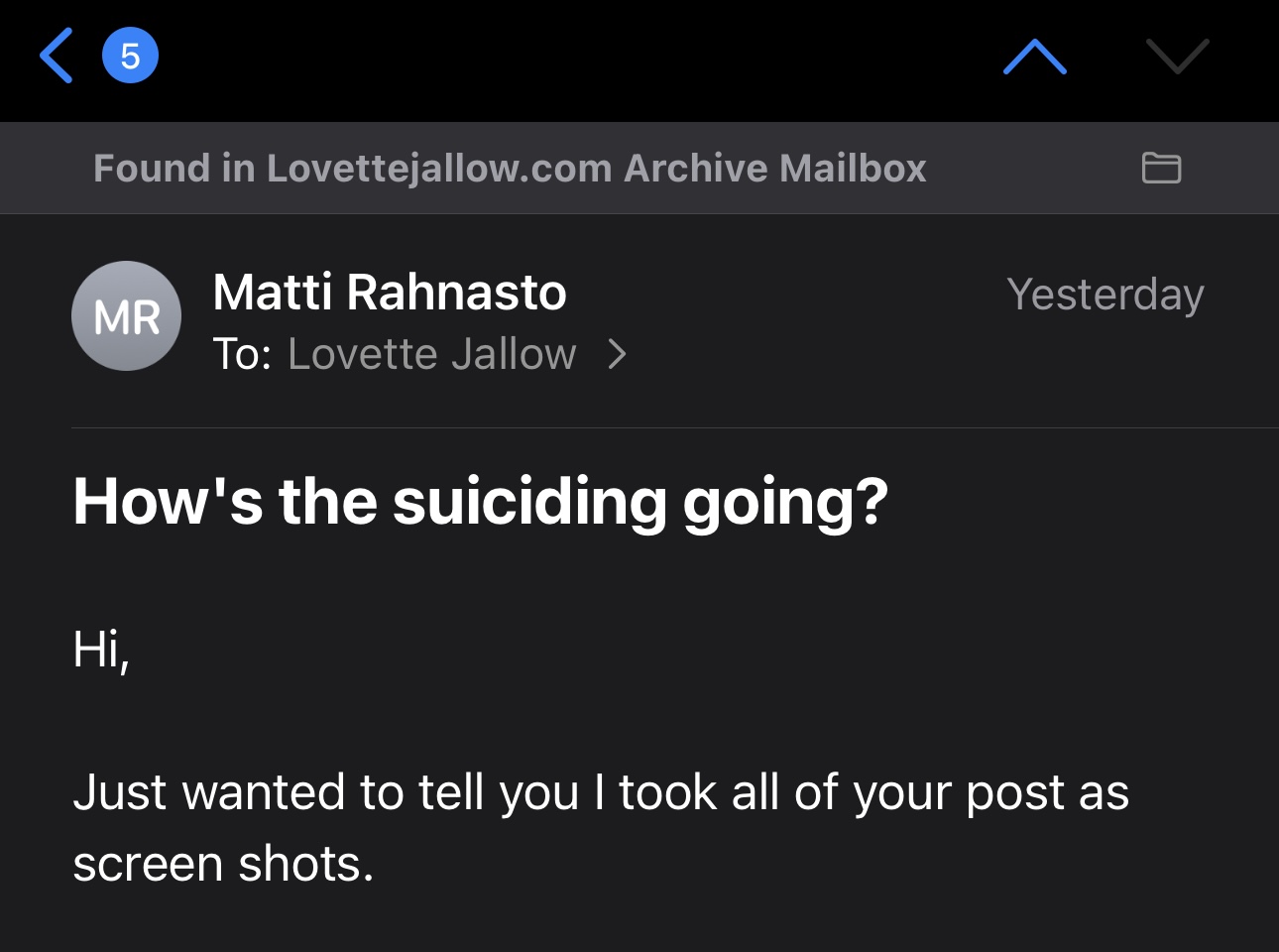
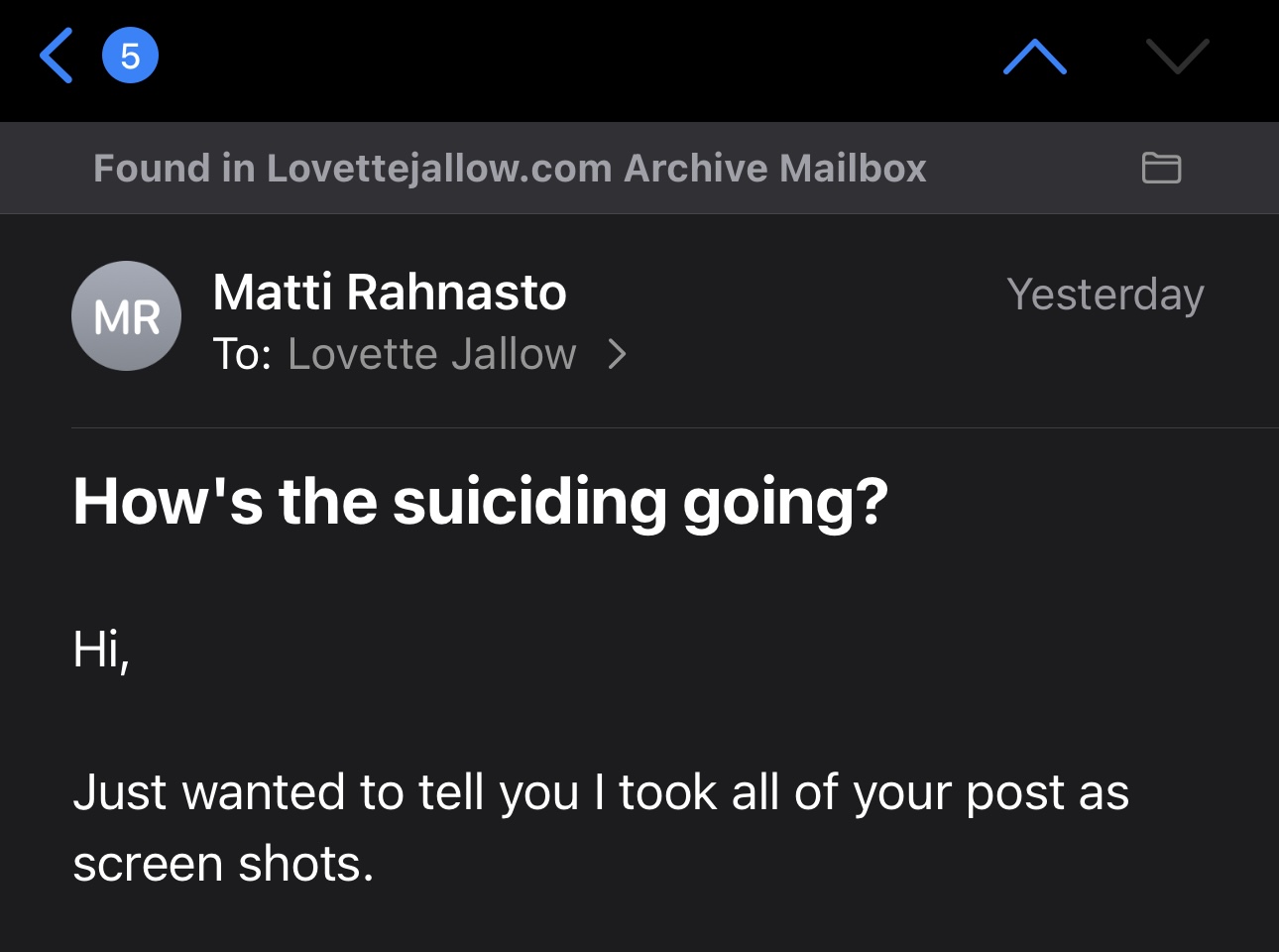
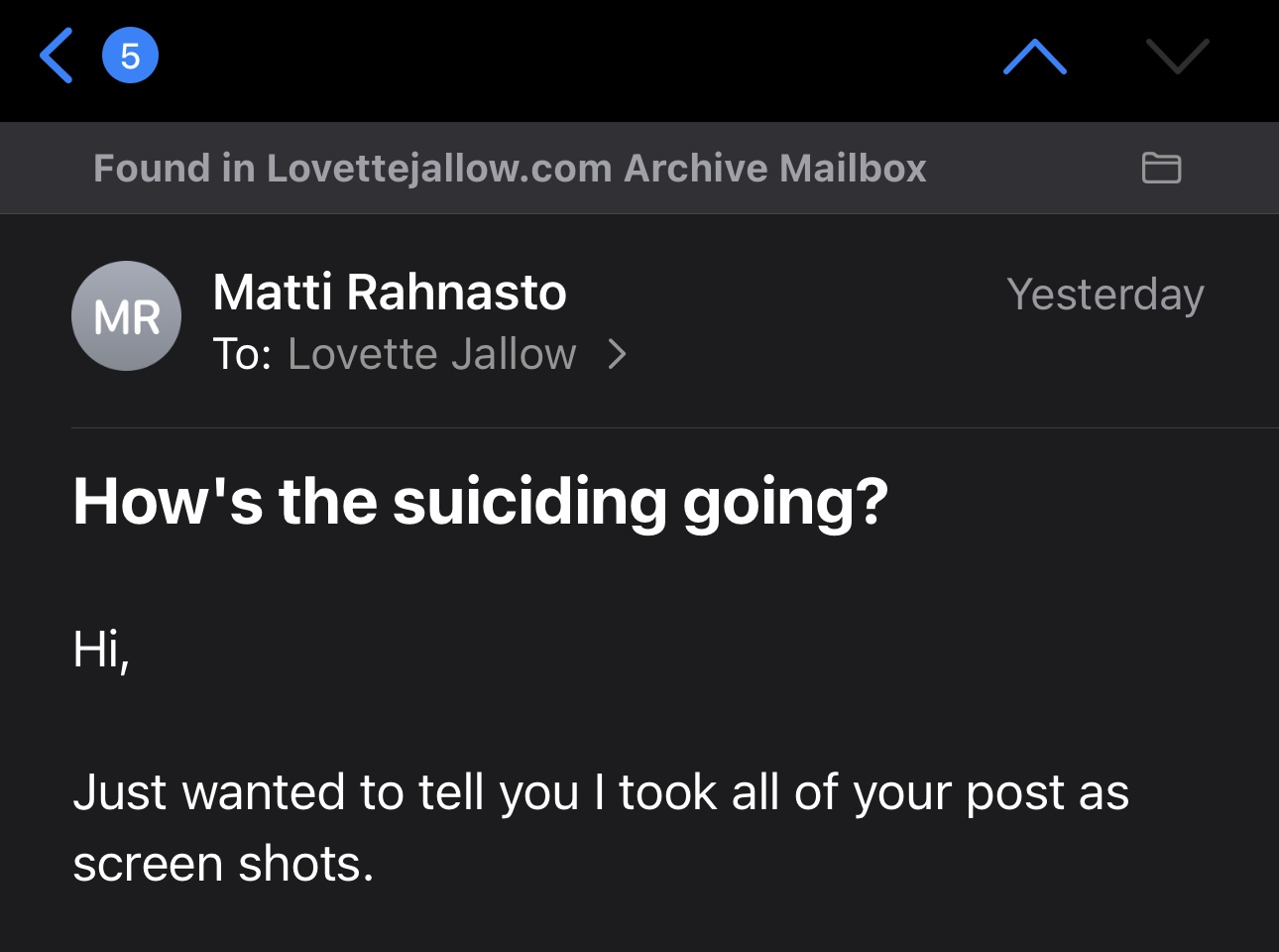

All content shared on this website is for informational and journalistic purposes. Any references to publicly available data are in accordance with fair use and transparency laws.
Advocating for Human Rights: A Transformative Journey in El Salvador

